State AG, Monroe County sheriff spar over ICE detainers; local immigration lawyer says they're unconstitutional
There’s been no new activity in the pending lawsuit filed by Indiana AG Todd Rokita against Monroe County sheriff Ruben Marté over the county’s policy on enforcement of immigration law. But on Thursday, Rokita accused Marté of failing to honor a detainer request from ICE for Manuel Lopez Lopez.
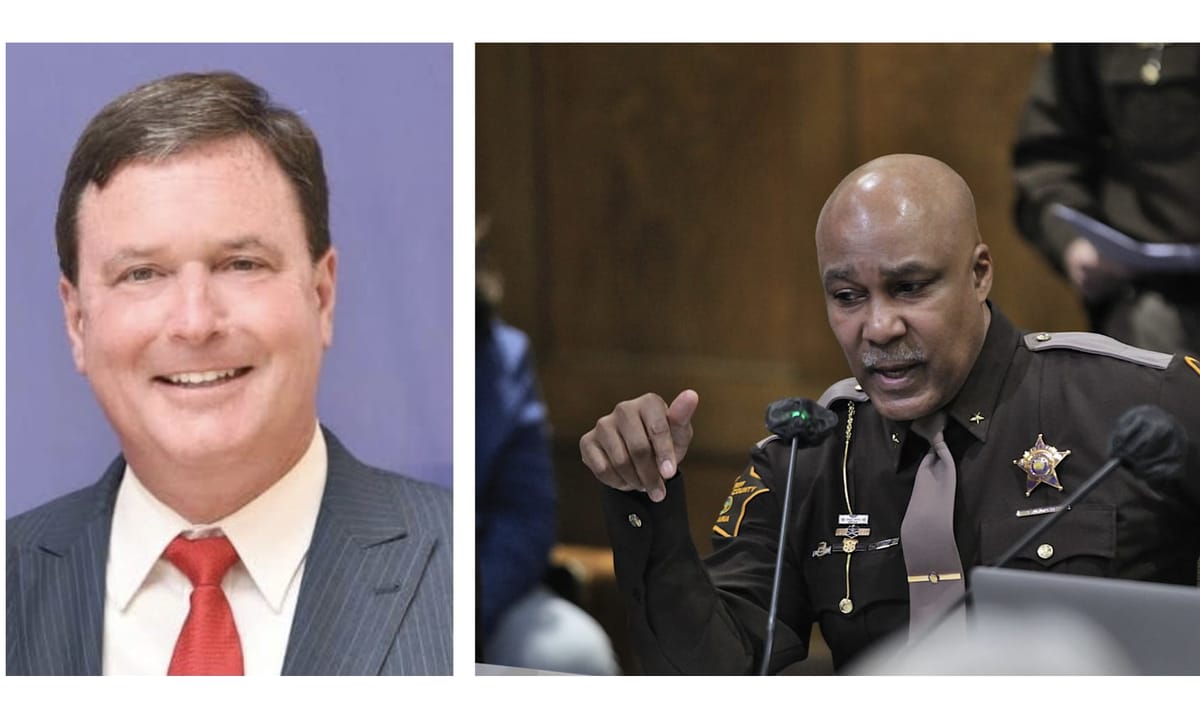
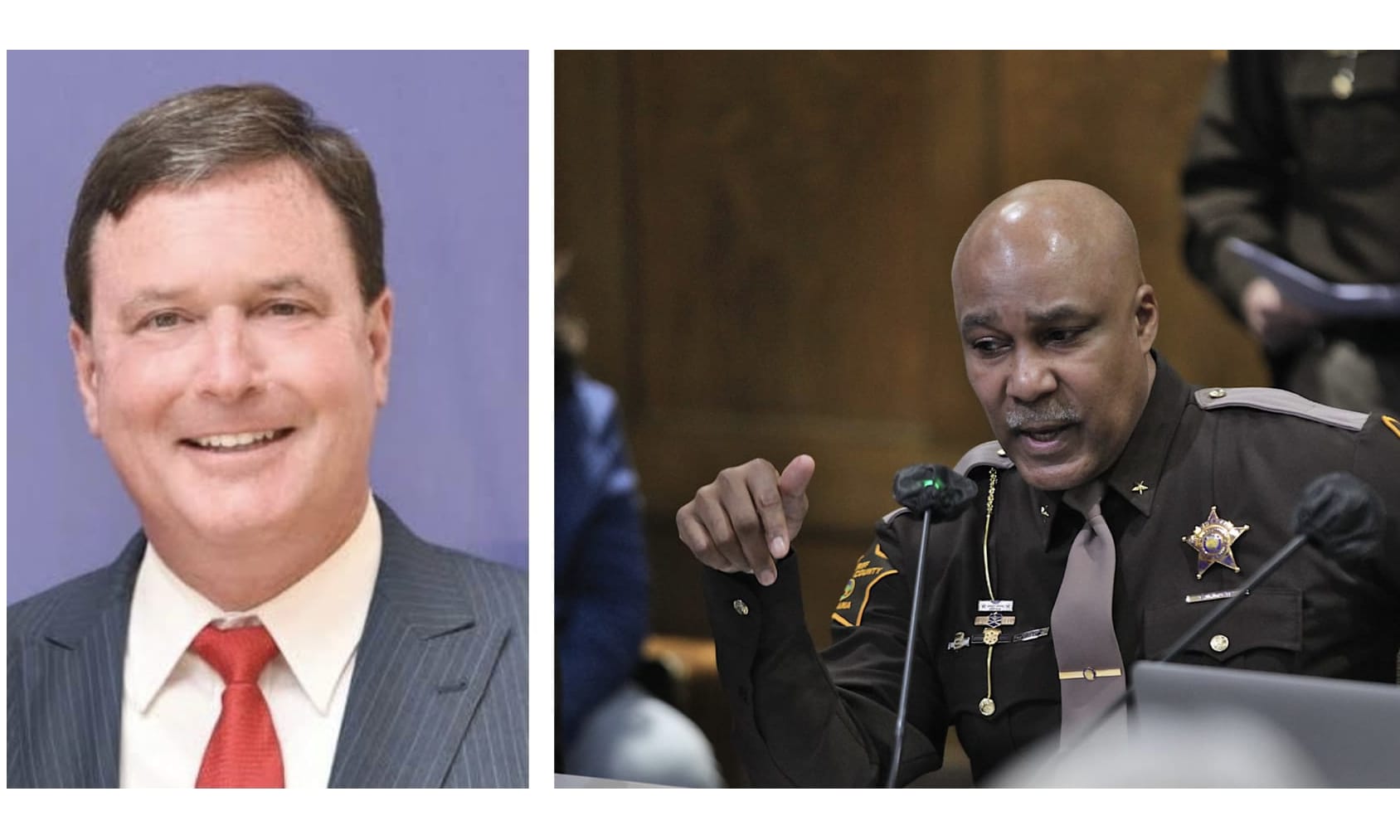
There’s been no new activity in the pending lawsuit filed by Indiana attorney general Todd Rokita against Monroe County sheriff Ruben Marté over the county’s policy on enforcement of immigration law.
The most recent news out of that case was a ruling 10 days ago in Rokita’s favor, denying Marté’s motion to dismiss the case.
But on Thursday, Rokita posted an item to his X social media account accusing Marté of failing to honor a detainer request from ICE (Immigration and Customs Enforcement) for Manuel Lopez Lopez. The circumstance was a Feb. 19, 2025 sentencing hearing, when Lopez was released based on time he’d already served for his conviction of criminal confinement.
Rokita was reacting to a news report that Lopez, a few days earlier, had been arrested on the B-Line Trail in Bloomington and charged with rape, criminal confinement, and battery.
In response to Rokita's social media post, Marté issued a news release saying that when Lopez was released there was no ICE detainer on file for him with the Monroe County jail. According to the news release, the jail had received only a “Request for Advance Notification of Release” from ICE. That’s a form that is different from an standard ICE detainer request. It just asks law enforcement to give notification before release. The copy of the advance notification request provided by Monroe County, responding to a B Square request is dated July 17, 2024.
The request for advance notification of release says that it “does not request or authorize that you detain the subject beyond the time that he or she is scheduled for release from your custody.”
According to the sheriff’s news release, that request, on file from last summer, was honored, and ICE was notified before Lopez was released.
Rokita responded to Marté’s statement with another post on X, including a copy of a detainer request, not just a request for notification, which was dated Feb. 19 this year, the same day as Lopez’s release after his sentencing hearing. Rokita wrote: “When @ICEgov says a detainer is on the way, delivers it to your department within minutes, and you still choose to release a criminal alien into the community—you are not cooperating with ICE.”
It's not clear why the dates of birth given for Lopez on the July 17, 2024 form and the Feb. 19, 2024 form don't match. The online case docket shows a pre-trial conference on Feb. 17, which resulted in scheduling a change of plea hearing date for Feb. 19.
It’s not clear when on Feb. 19 the ICE detainer request arrived at the jail.
But according to local immigration attorney Christie Popp, the exact timing of the ICE detainer request is relevant only if it is assumed that law enforcement should honor ICE detainers—and she doesn't agree with that assumption.
In an interview with The B Square, Popp pointed out that immigration violations are civil, not criminal violations. Even if ICE requests that law enforcement officials detain someone, they can’t comply with the request without a judicial warrant or probable cause, Popp said. That’s because the Fourth Amendment to the U.S. Constitution protects against unreasonable searches and seizures, which includes unlawful detention: “The right of the people to be secure in their persons … against unreasonable searches and seizures, shall not be violated …”
It’s not that she wants dangerous people walking free, Popp said. She walks on the B-Line Trail herself and doesn’t want to risk being assaulted. But that doesn’t supercede constitutional rights, Popp said.
Popp said that allowing a sheriff to detain people based just on an ICE request would circumvent constitutional protections and create a “slippery slope.”
In the past Popp was critical of Martè’s predecessor as sheriff, Brad Swain, for honoring ICE detainers. But she said as far as she knows, since Marté took office at the start of 2024, he has not been honoring ICE requests to detain people beyond what is legally allowed.
It’s not just a matter of upholding constitutional rights, Popp said. As a practical matter, detaining people based just on a request from ICE could expose Monroe Count to legal liability.
A B Square search turned up two cases where counties have wound up with court rulings against them in ICE detainer cases. In one 2014 case (Galarza v. Lehigh County), a U.S. citizen who was born in New Jersey, was mistakenly held in a Pennsylvania county jail for three extra days based on a detainer request from ICE—after he posted bail. Based on the Third Circuit Court of Appeals opinion, an ICE detainer is just a request, not a legal command, and local governments can be held liable for holding someone without proper legal authority.
In another 2014 case (Miranda-Olivares v. Clackamas County) a woman was jailed in Oregon on a charge of contempt of court and was set to be released on bail. But instead of letting her go, the sheriff’s office kept her in jail for an extra 19 hours at ICE’s request—even though there was no warrant. The U.S. District Court found that keeping her in jail just because ICE asked, without a judge’s approval, was an illegal detention under the Fourth Amendment.
In the pending case against Lopez, a pretrial conference is set for Sept. 2.

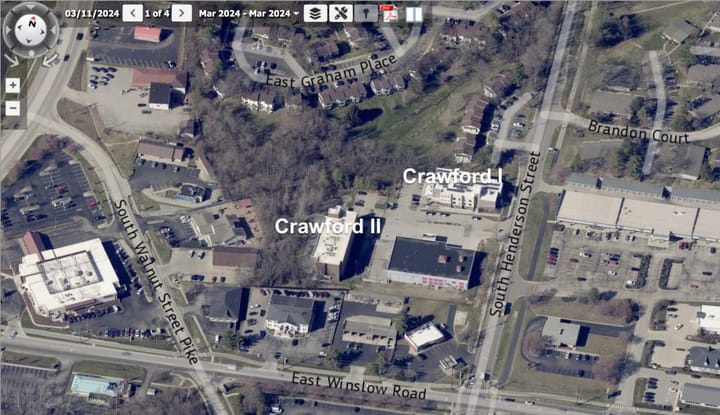
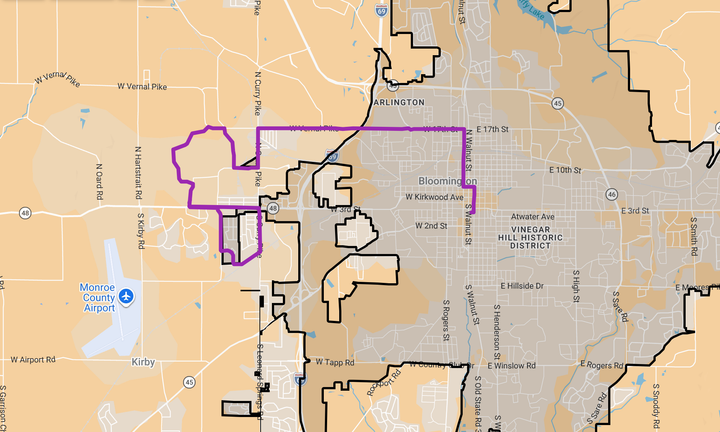
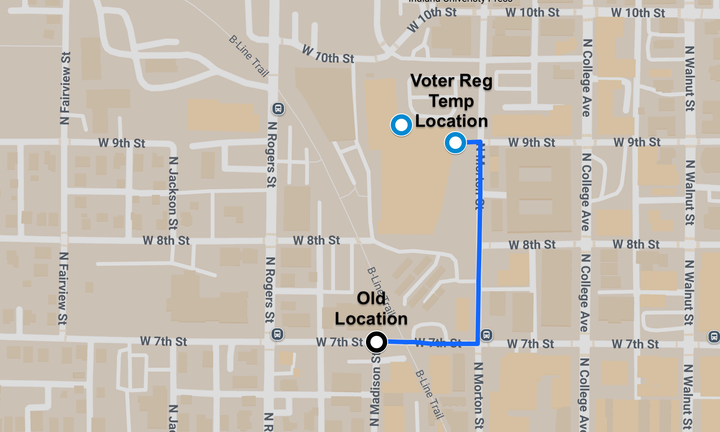
Comments ()